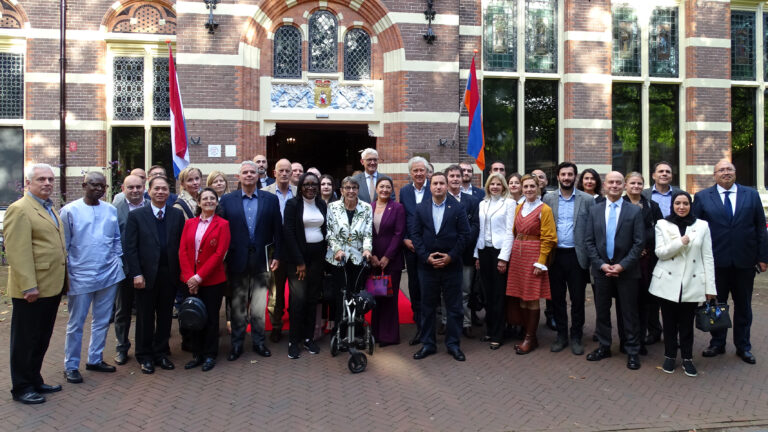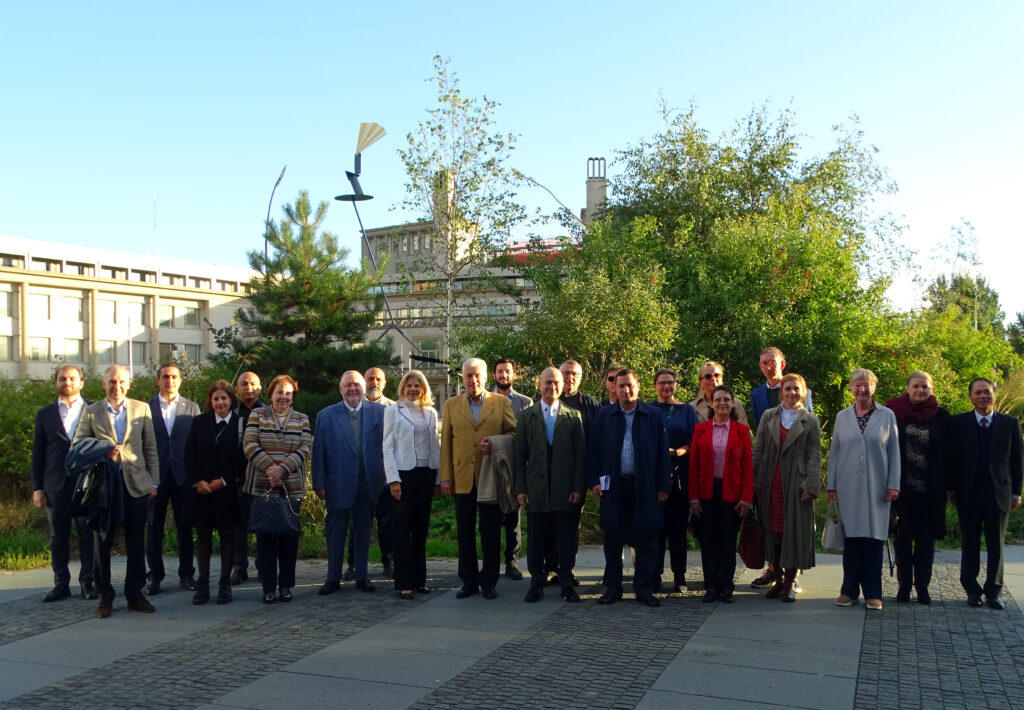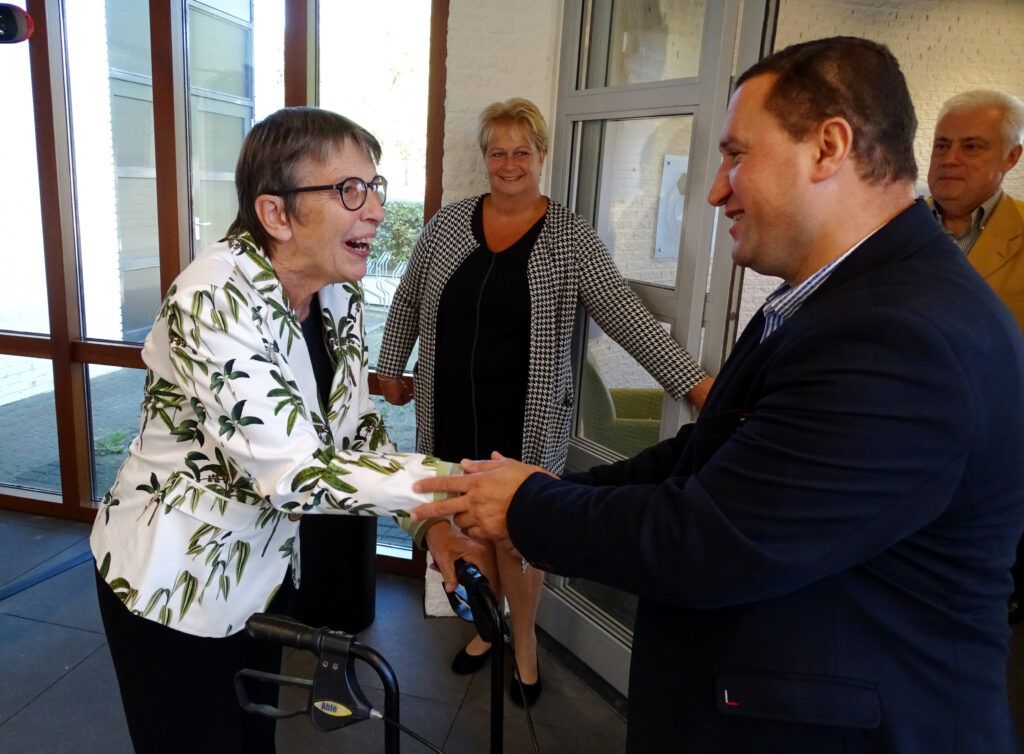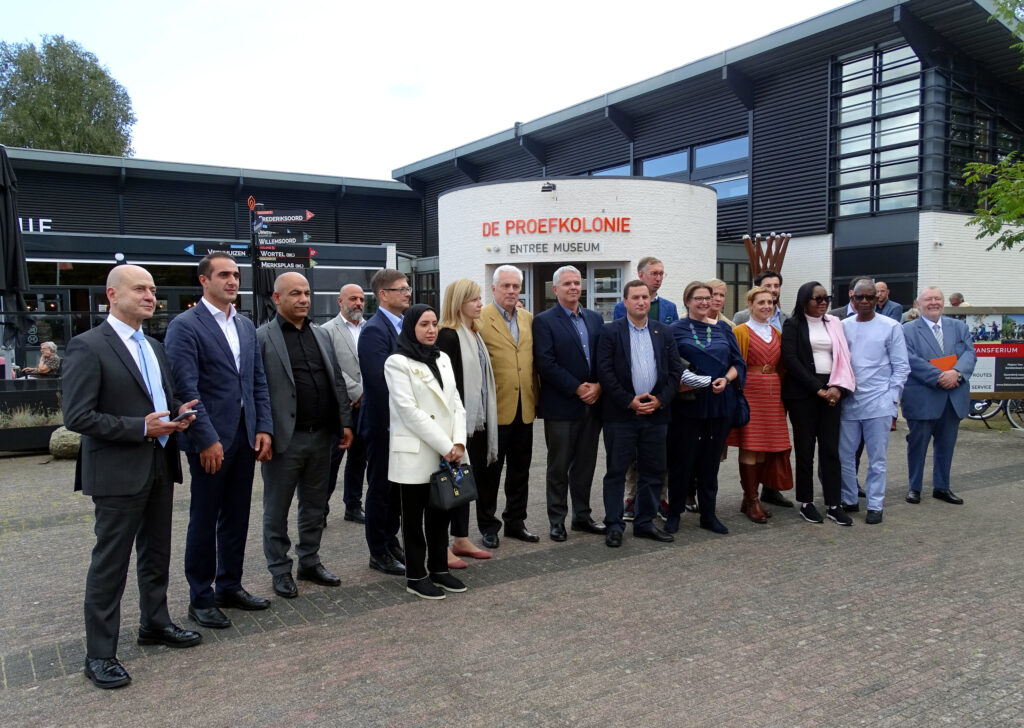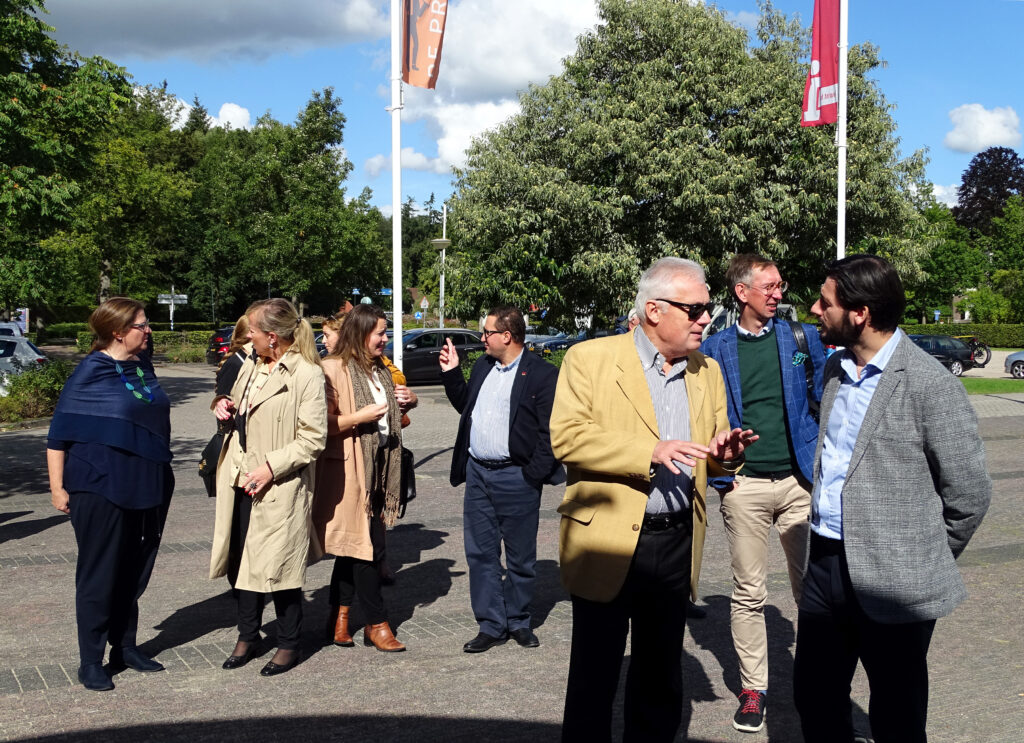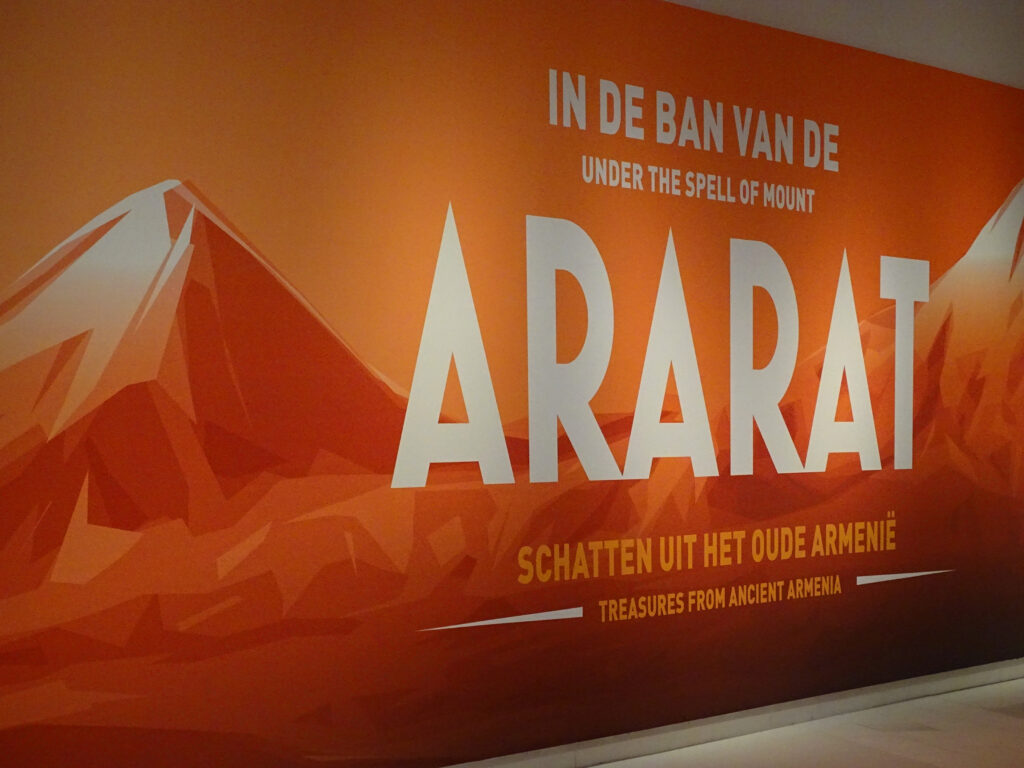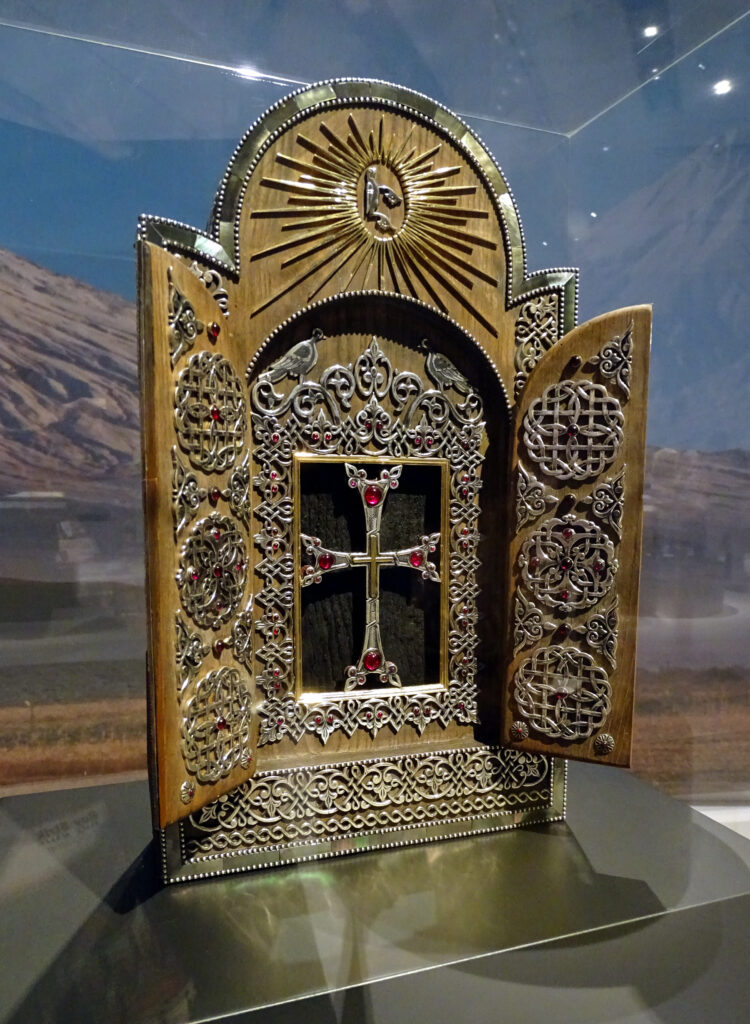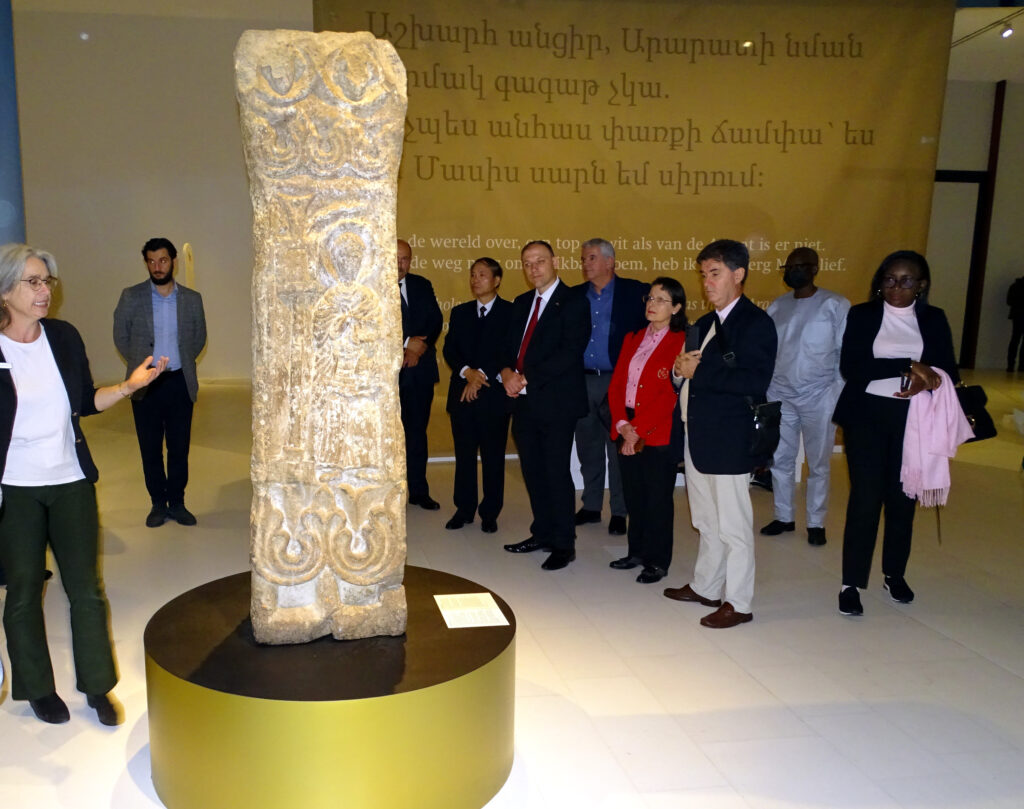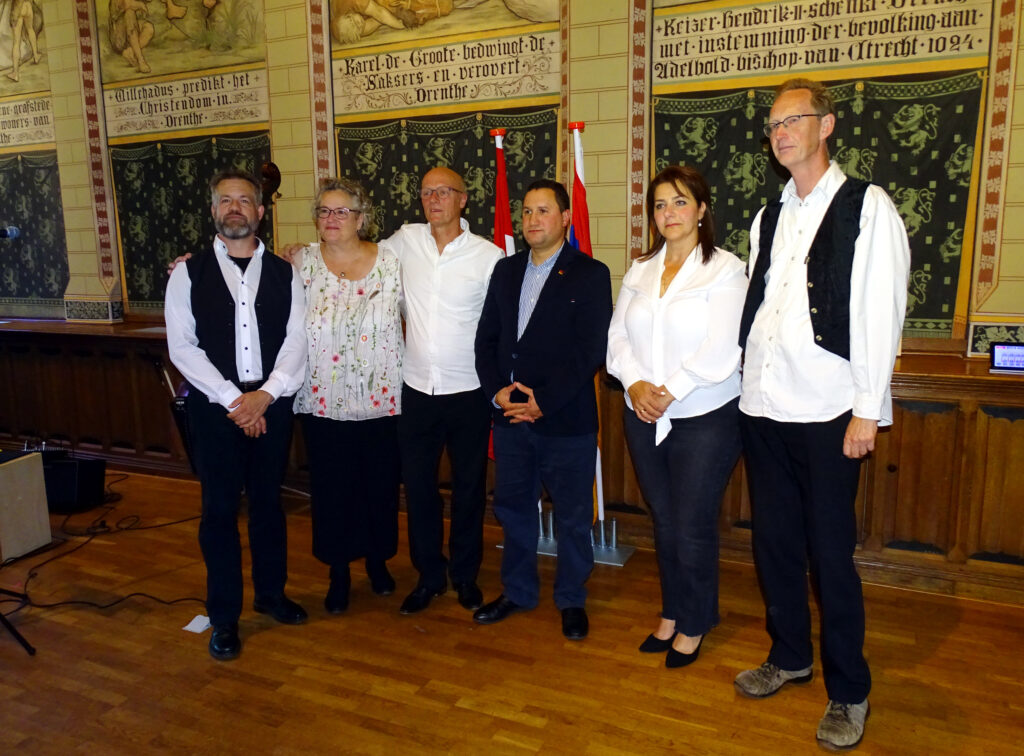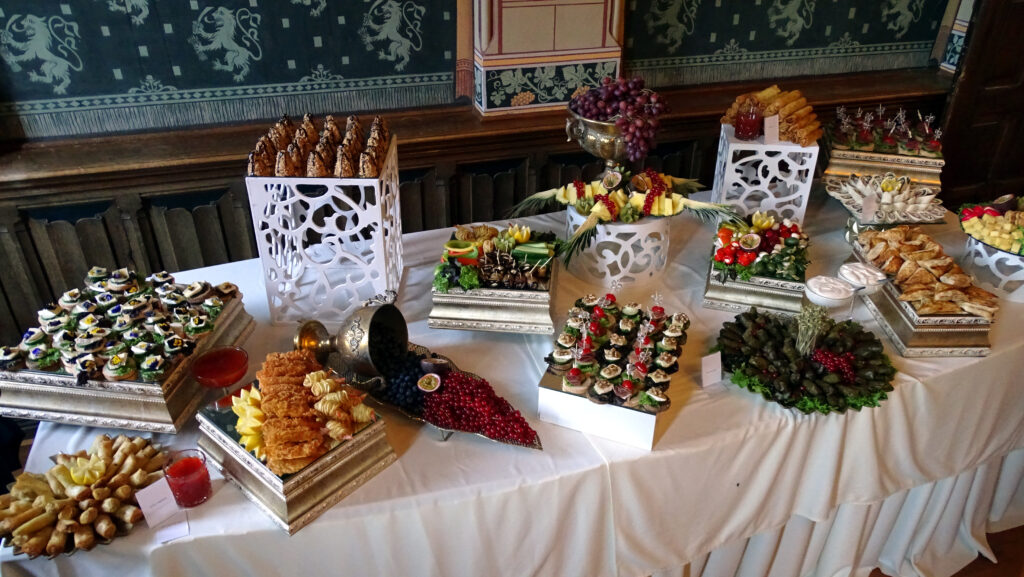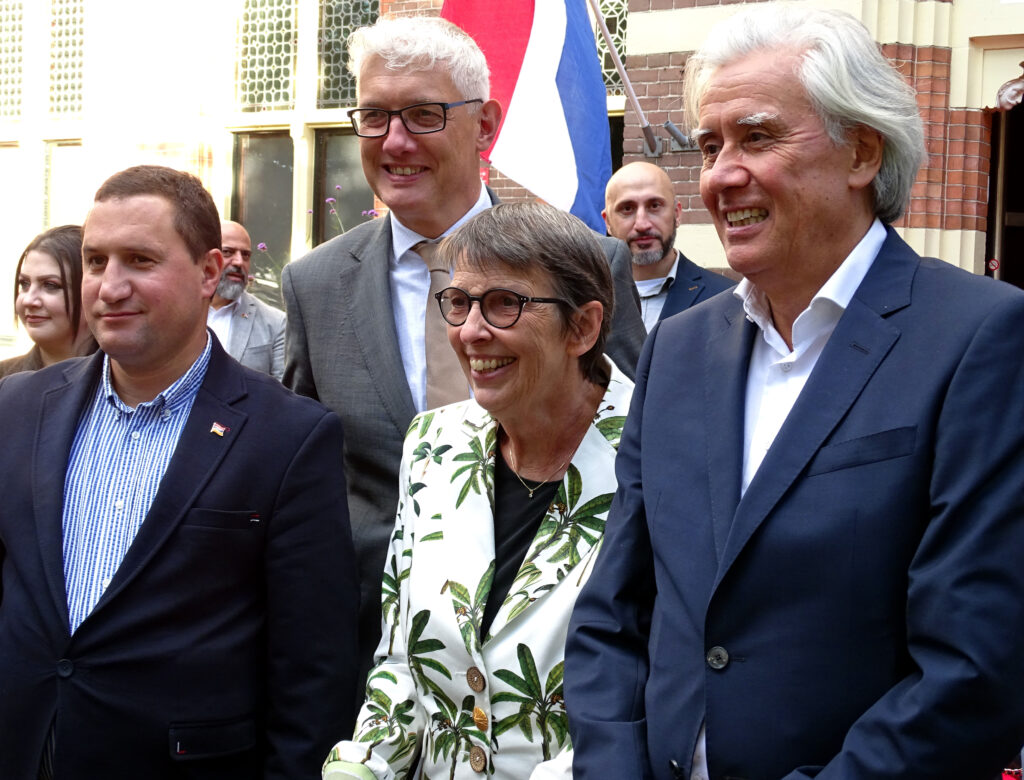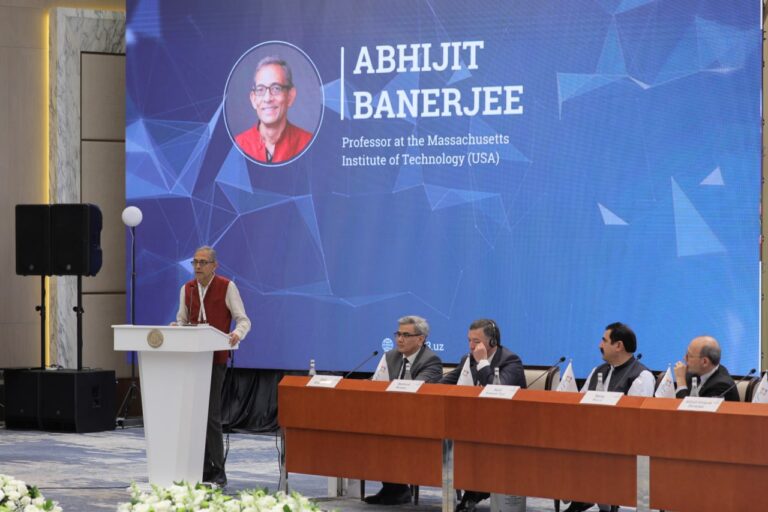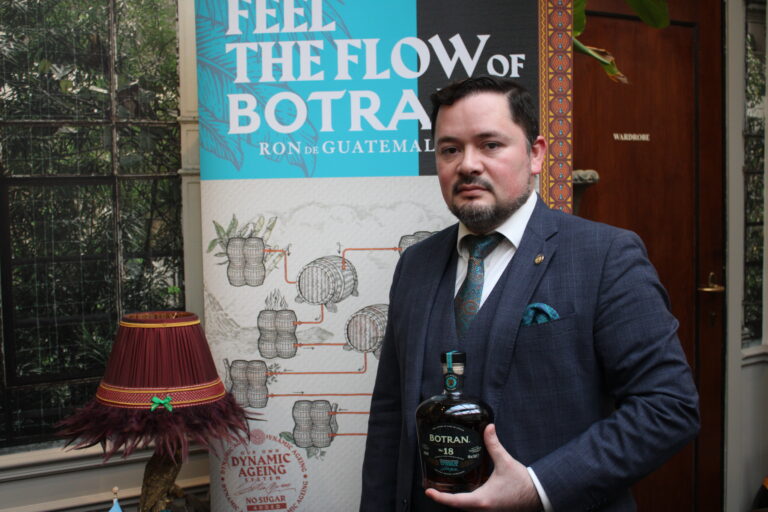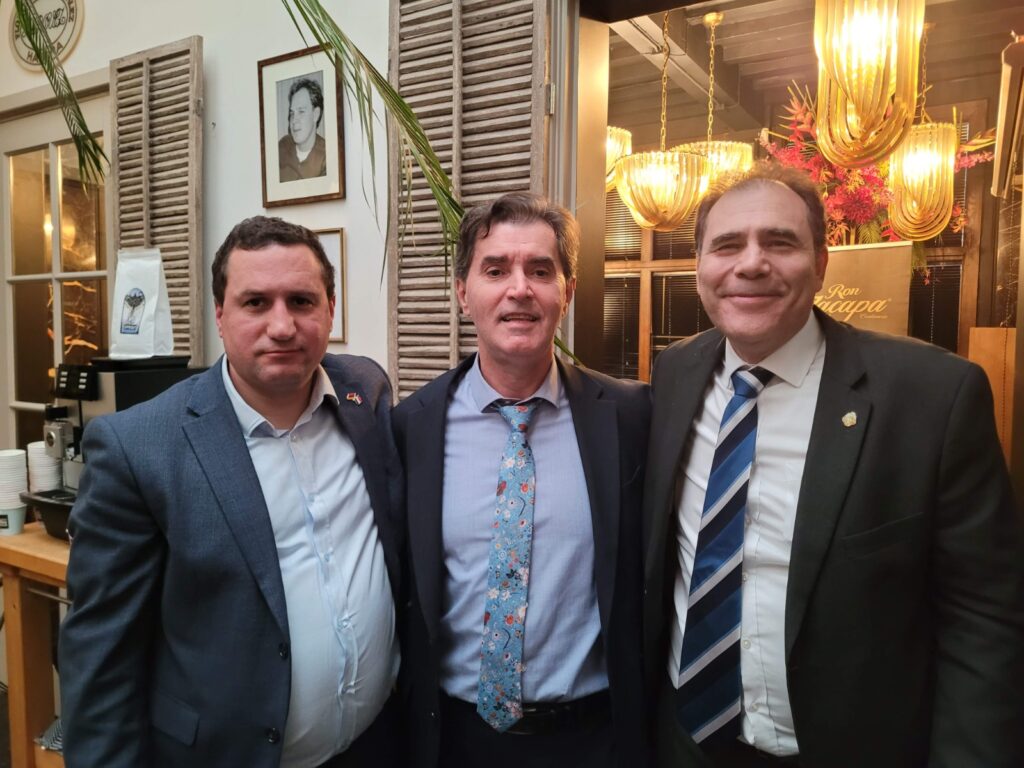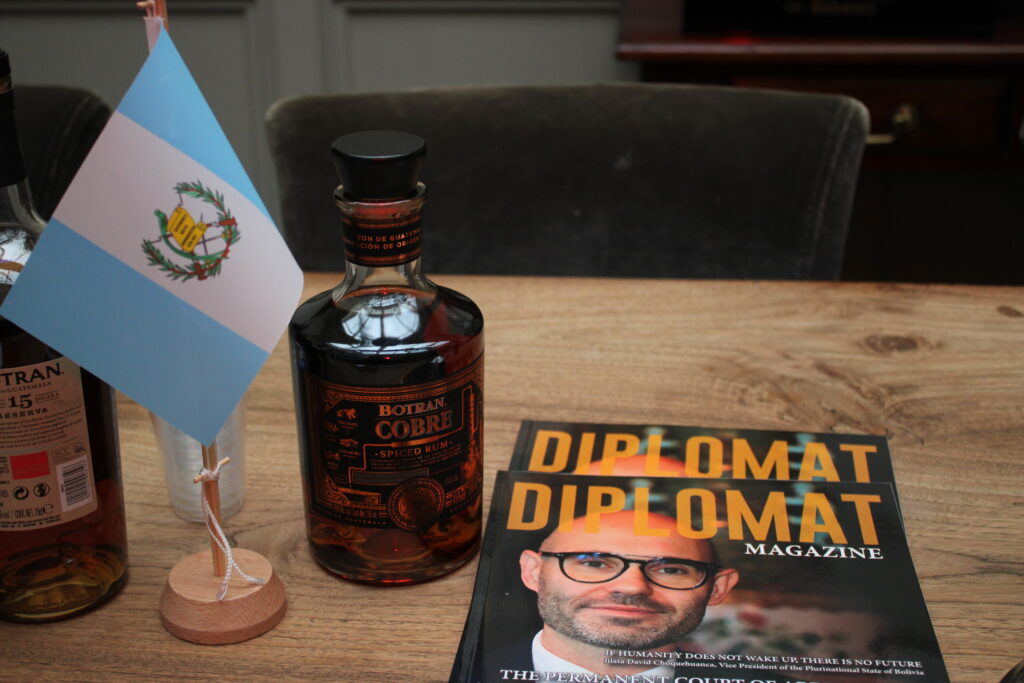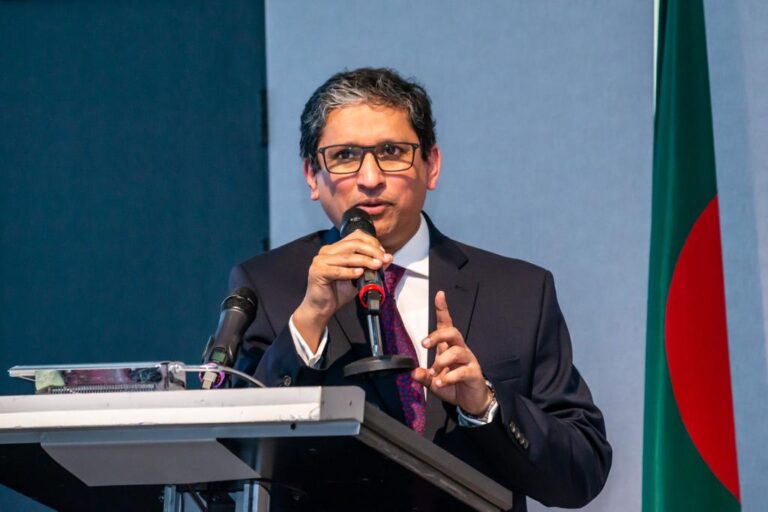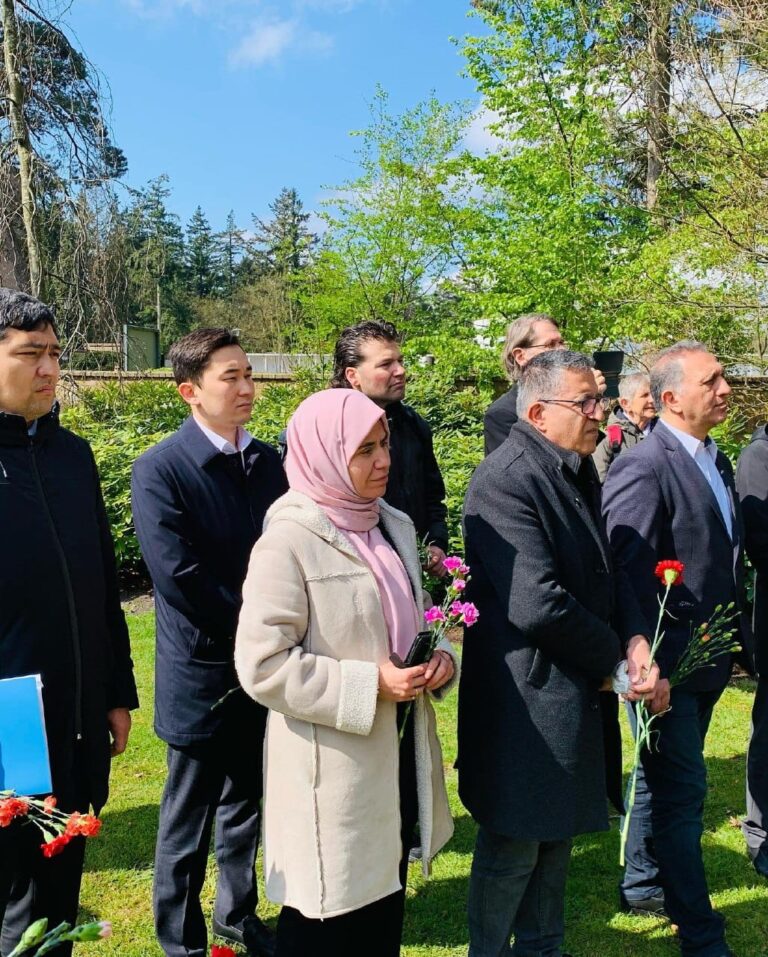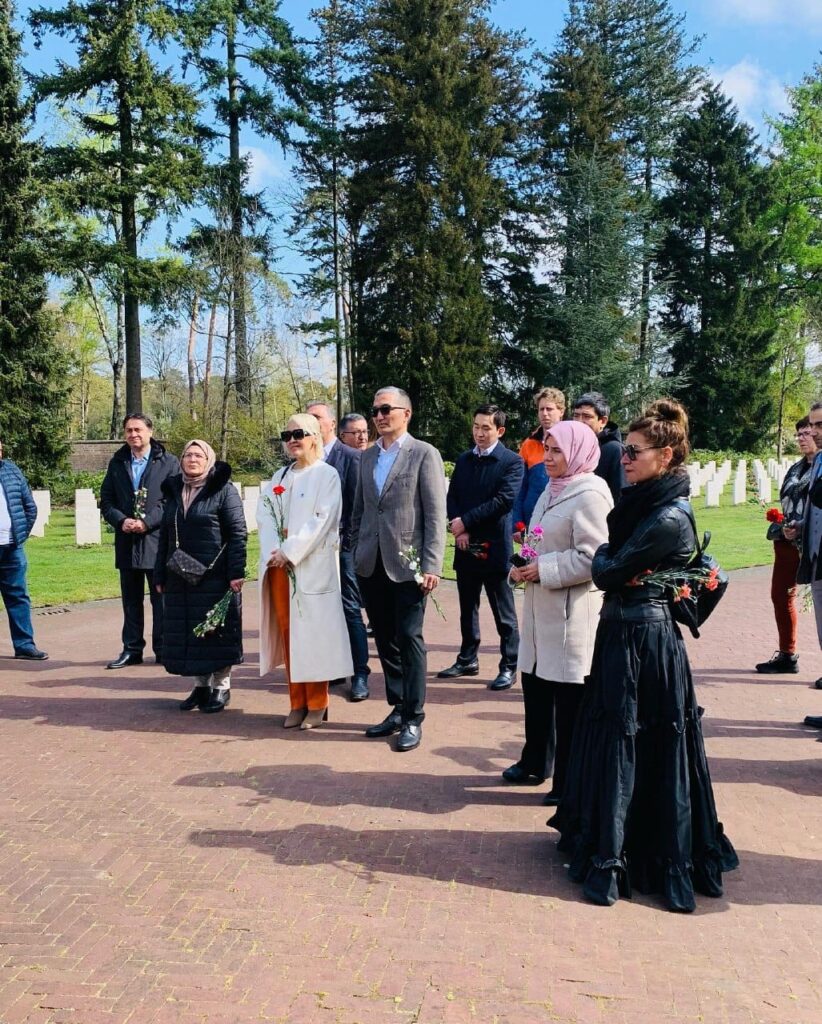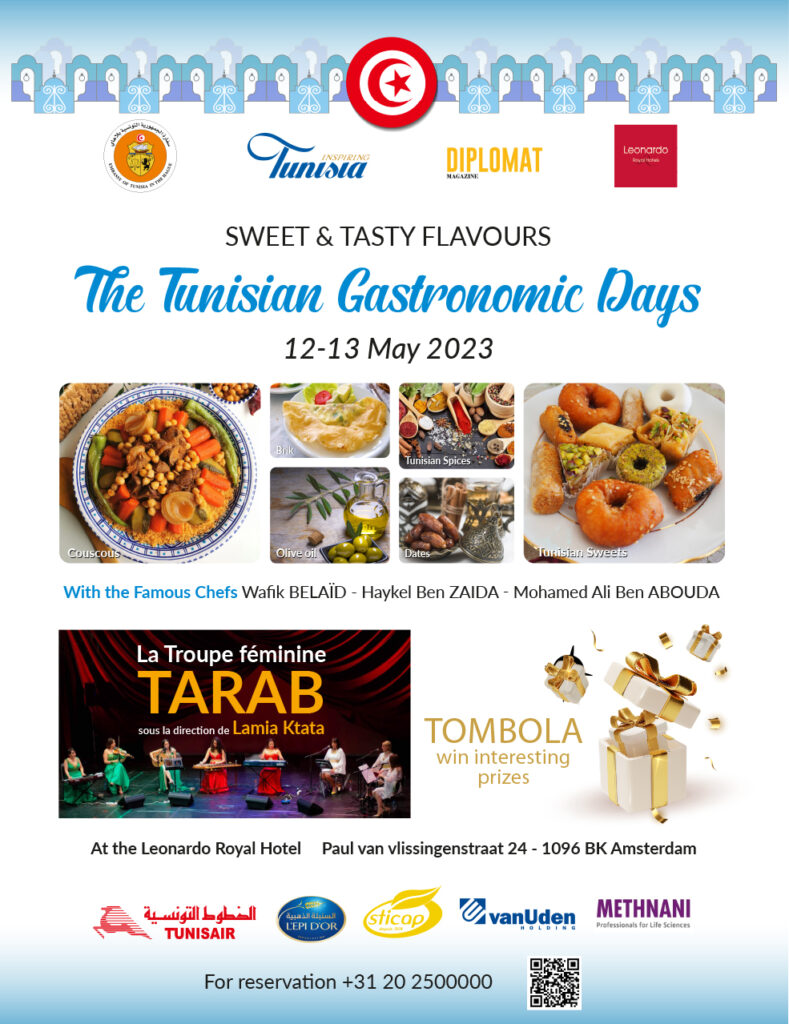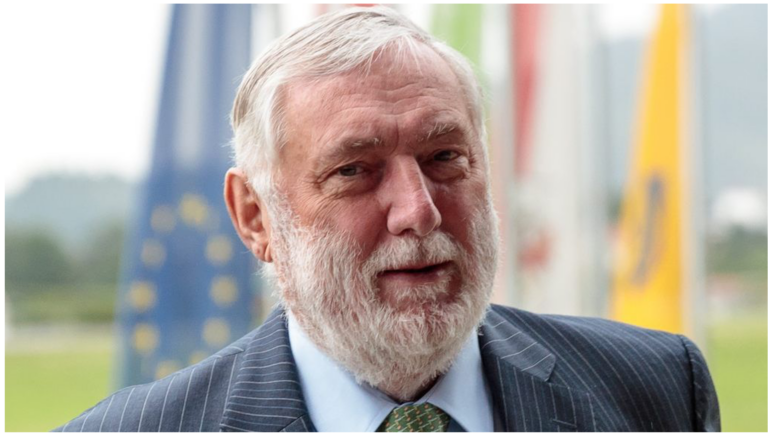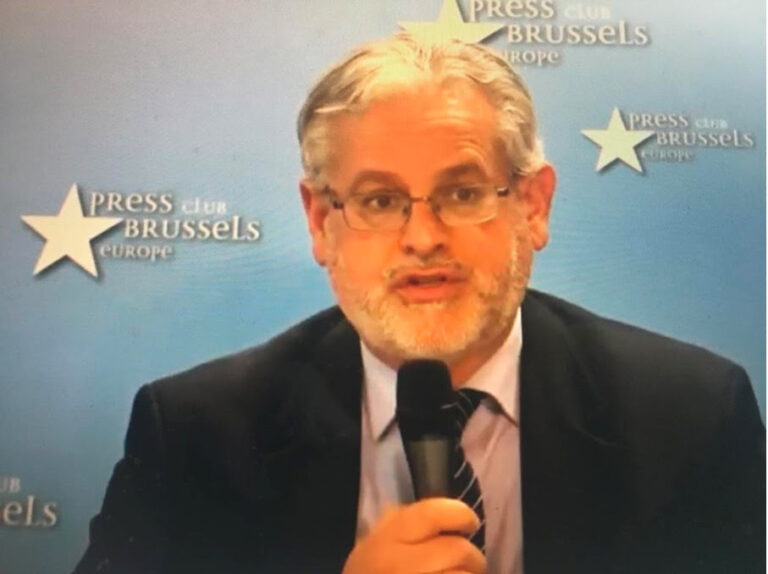By Dr. Claudia S. de Windt
May 22nd is International Biodiversity Day
The fast-paced biodiversity loss is increasing business risk. Companies and investors in the Americas that are ready to embrace change by accepting their relation to biodiversity and nature in corporate strategy may turn the tide from risk to value. Plain good business.
The added prefix from the Greek “bio” to “diversity” gives meaning to variety of life on earth. The marvelous life fabric billions of years in the making that supports our very existence. People, air, water, soil, forest and more than 8.7 million species form a safety net on land and water. Biodiversity benefits people beyond wellbeing and livelihoods. It contributes to security, resiliency and enables social relations, health, freedom of choices and actions. Negotiators from 196 governments closed 2022 agreeing to halt the loss of biodiversity in the Kunming-Montreal Global Biodiversity Framework- known as the GBF-The agreement could result in nature business and finance regulation but also in opportunities for companies and investors willing to step up in the Americas. Business must anticipate and partner in a shared vision. Corporate dialogue and strategies integrating biodiversity and nature risk are paramount.
Over half the world’s GDP – is moderately or highly dependent on nature and its services. Unfortunately, this is not common knowledge or reflected in corporate strategies. 40% of the world’s largest public companies have net zero targets yet less than 20% of S&P 500 companies have made biodiversity commitments. Meanwhile, nature, people and the economy are at high stakes risk. Biodiversity is a frontrunner in the most severe world risk list, the ninth contender over the next two years, moving up to fourth in the next decade. Climate goals, including corporate targets, depend on nature and biodiversity in decline as their contributions are in many parts of the Americas.
How did we get here? In 2019, unquestionably the best available science reaffirmed years of findings and projections. 1 million species threatened with extinction made headlines. Human induced, well documented faster changes in biodiversity in any time in history are creating significant risk.
For decades five drivers of nature loss have been globally know. Land and sea use, fragmenting, transforming habitats and contributing to the second culprit – the climate crisis. The remaining three are direct use and exploitation of natural resources, pollution, and invasive alien species. This model contributes to the climate crisis while simultaneously, a large percentage of climate impacts in Americas are experienced in transformed land and sea ecosystems. A vicious cycle. Nature loss creates risk for businesses that depend on nature; have impacts on elements of nature and whose stakeholder needs are affected with social disruptions. Disruptions in supply, asset exposure to extreme events, resource and scarcity based social conflicts or legal action are examples.
Most countries in the Americas are using nature more intensively than the global average and exceeding nature’s ability to renew its contributions. Let’s face it, vulnerabilities such as inequality, increase regional susceptibility to biodiversity and nature risks enhancing consequences of nature loss. 32% of the world’s socio-environmental conflicts occur in the region increasingly due to business resource use and extraction. So how do we shift from a risky business to the good business of biodiversity?
Countries committed to updating their National Biodiversity Strategy and Action Plans and showing progress on 4 global goals and 23 targets by 2050. Commitments hint forthcoming regulatory action on business and finance nature-related disclosure & data, due diligence obligations and supervision, biodiversity risk management guidance and nature-based sustainable finance policy. This could mean hurdles but also represent opportunities. The Americas is highly biologically, culturally and socioeconomically diverse. It is home to 7 out of the 17 most biodiverse countries and some of the most extensive wilderness areas on the planet. The economic value of terrestrial nature’s contributions to people in the region is estimated at least $24.3 trillion per year, equivalent to the region’s gross domestic product.
Agricultural production, fisheries and aquaculture continue to increase food provision for the region and the planet. Nature-based sourced energy, including biofuels and hydropower at the local level is increasing and so is dependence on infrastructure. Latin America is the largest global exporter of food and one of the largest traders in bioenergy. Critical minerals and metals for energy transition are concentrated in regions and countries of the Americas.
The region’s natural and water capital can widen financing and investment options, increasing capital flows and reducing debt. Businesses within key sectors (blue economy, agribusiness, energy and infrastructure, minerals and metals and financing) have been operating with transnational regulatory implications for decades. This shows that the business nature nexus can be an asset rather than a liability.
Corporate strategies integrating and addressing risk, sorting competing social, economic, and ecological interests are paramount. Environmental and social governance of nature risks becomes value added and a safeguard for investors. To partner with governments in building back biodiversity from agreement to action, the first step for businesses is acknowledging their relationship with nature. Their dependence and material impacts along with environmental and social governance needs. Identifying risk throughout supply chains, key performance indicators and monitoring to address financial and stakeholder needs through sustainability, transparency, and accountability. In turn Governments must place incentives adequately. Businesses should get ready and embrace change. Integrating biodiversity is just plain good business.
About the author:
Dr. Claudia S. de Windt is an International lawyer and academic. Expert in political science, justice, socio-environmental governance (ESG) and diplomacy for sustainability. She is Executive Director of the Inter-American Institute of Justice and Sustainability (IIJS: www.ii-js.org)



